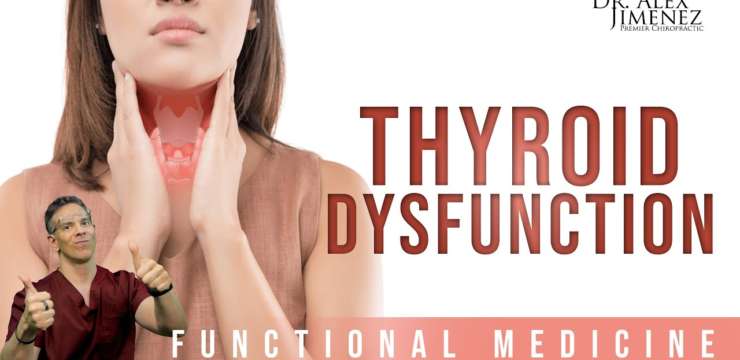When a migraine hits, it can take you out anywhere from 2-72 hours. Often times, individuals report their migraines consist of a pulsating feeling and sensitivity to light. In fact, many who suffer from migraines report an “aura†before the migraine begins. An “aura†is a visual change (lights, the shape or size of an object, or dark spots in line of vision), auditory changes, and something deja vu, tingling, or strange smells. Â
Migraine Risks
Those with migraines typically make less nitric oxide. In women, that increases their chance of myocardial infarction, strokes, and angina two times more likely. In men, 42% of them who have migraines, had heart attacks.Â
The inside coating of a blood vessel is referred to as vascular endothelium. It is made up of endothelial cells. The purpose of a healthy endothelium is to suppress inflammation, prevent clots, and keep blood flowing. If the endothelium becomes damaged, its function becomes compromised. Those with migraines showed a decreased number of endothelial functions.
GeneticsÂ
One thing that sets functional medicine apart from traditional medicine is the lab work and genetic consideration. We work with many high tech diagnostic lab companies to determine the underlying cause of symptoms. In fact, there is a specific genetic mutation that leads to elevated homocysteine levels. It is MTHFR 677- the methylation gene. In fact, many patients who suffer from migraines have a family history of it. Â
We can break down a migraine even further and look at how it affects the rest of the body. Oxidative stress is a free radical that floats around the body. Oxidative stress is normal and necessary but too much of it begins to cause issues. In migraine sufferers, there is an increase in superoxide dismutase and elevated levels of catalase.Â
NutritionÂ
The standard American diet has done nothing but increase migraine factors. The foods consumed negatively influence gene expression as well as contribute to obesity. Many individuals have success when they switch from the standard American diet to the paleo diet. This diet gets rid of gluten and grains and patients tend to see improvement quickly. On top of this, they are now providing their bodies with the proper nutrients and healthy fats for optimal function. Here is an article that provides more information on acute migraine strategies.Â
InBodyÂ
We are able to create personalized nutrition plans for your body as well as determine other predisposing factors with the help of the InBody 770 system. This advanced machine provides a great deal of information for us regarding the patient. We track patients Anthropometric measurements in order to determine their lean muscle mass, fat density, visceral fat (fat surrounding the organs- a key indication of disease risk), water percentage, and height and weight. We measure our patients every 8 weeks and keep a detailed record. These reports are great indicators for health and also assess inflammation and edema.

















